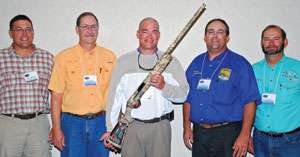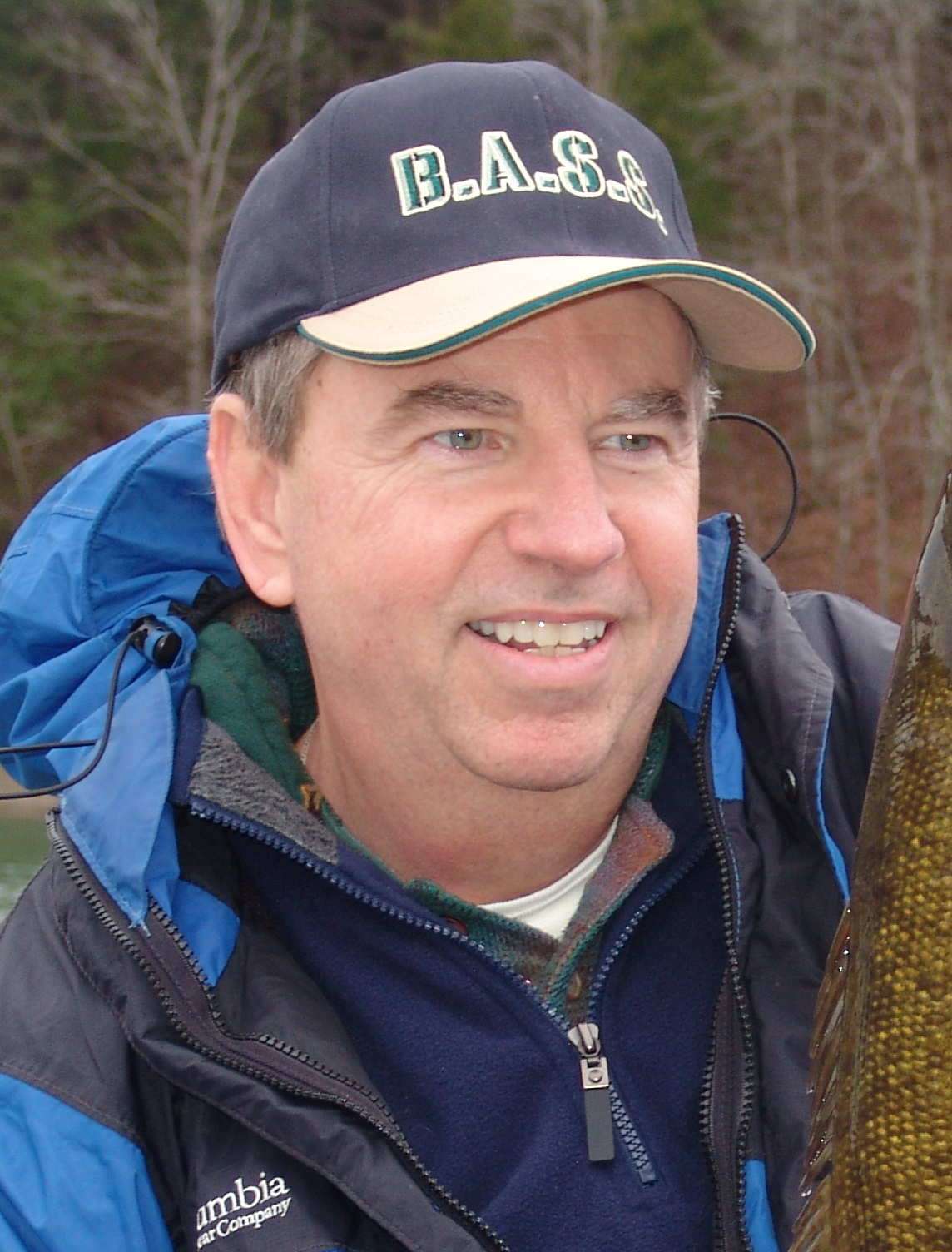
CLARKSVILLE, Va. — Preliminary findings suggest that Largemouth Bass Virus (LMBV) once again has damaged a bass fishery, this time at Kerr Lake/Buggs Island on the Virginia-North Carolina border.
If confirmed, this appears to be the first outbreak at a major waterway in a half-dozen years.
“I’m confident that we’ll confirm it,” said Dan Michaelson, a biologist with the Virginia Department of Game and Inland Fisheries. Preliminary results showed a 41 percent infection rate from 53 whole fish sent in for sampling.
As was often the case at fisheries nearly a decade ago, bass at Kerr haven’t shown external signs of distress and illness. But the bass population has been in decline, based on both sampling and angler reports.
“We’ve seen some declines in the growth rate, and it’s taking longer to catch a 5-pound fish,” Michaelson said. “But the big key has been the increase we’ve seen in mortality. Since 2004, it’s up 10 percent, and that’s a lot.”
Guide Tim Wilson added, “We have seen a decline in the fishing over the last five or so years, and it has appeared to get worse every year. Our fishing is at an all-time low. Keepers are hard to come by.”
Larger keepers, especially, are hard to come by, again a trend in keeping with earlier outbreaks.
“This has never been a fishery for 10- to 12-pound fish,” Michaelson said. “But it’s always been consistent for 3- to 5-pound fish, and we’re no longer seeing those bigger bass.”
The biologist added that bass from two smaller fisheries in Virginia also tested positive for LMBV. “That means that we have it in the Roanoke/Stanton drainage and the James drainage,” he explained. “We’re going to have to look around some more.”
Elsewhere around the country, the disease “seems to have run its course,” the biologist added. “It’s been really quiet.”
During the outbreaks of the late 1990s and early 2000s, Virginia fisheries were mostly spared, as LMBV was found in only a few small lakes.
From Texas up to Michigan and in much of the South, however, other bass waters were not so fortunate. All infected waters eventually recovered, but years were needed to restore the quality of the fisheries.
BASS has maintained a record of LMBV and its impact. To find out more, visit www.bassmaster.com/conservation.

